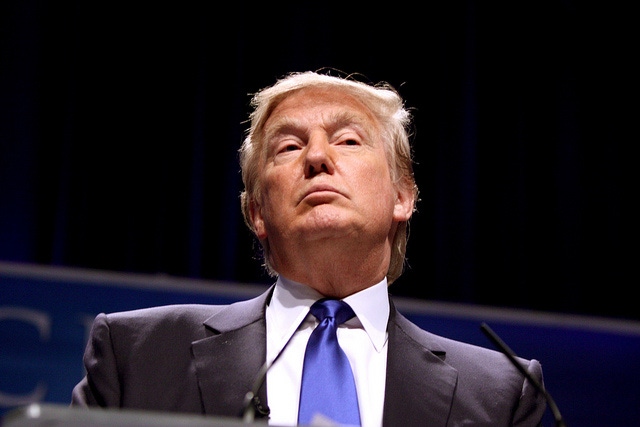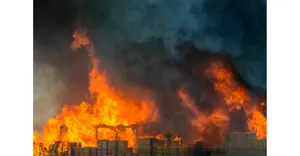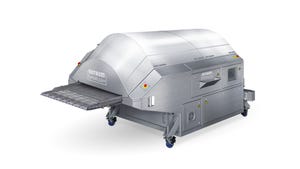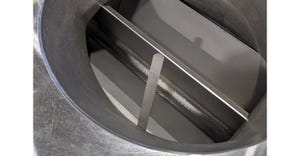July 21, 2017

The same week that President Donald J. Trump touted American manufacturing in the administration’s media campaign dubbed “Made in America Week,” the U.S. Department of Labor’s Occupational Safety and Health Administration (OSHA) abandoned the rulemaking process for regulations on combustible dust in general industry.
OSHA stated that “resource constraints and other priorities” prompted the agency to remove combustible dust rulemaking (RIN:1281-AC41) from its latest regulatory agenda published on July 20, along with several other proposed rules, according to Bloomberg BNA, the news organization that broke the story.
The Trump Administration said the changes represent “the beginning of fundamental regulatory reform and a reorientation toward reducing unnecessary regulatory burden on the American people.”
Efforts to create OSHA combustible dust regulations for general industry have been underway since 2009. In 1987, OSHA adopted rules on grain dust explosions that are credited with saving hundreds of lives. A Center for Public Integrity study examining records of the U.S. Chemical Safety Board (CSB) and OSHA found that combustible dust incidents accounted for 130 worker deaths and more than 800 injuries from 1980 to 2012.
The CSB’s website lists a combustible dust standard for general industry on its “most wanted” list of regulations, noting that the agency believes it is “greatly needed to prevent future tragedies.”
Some stakeholders expressed approval of the move. An official from the North American Millers’ Association told Bloomberg BNA that OSHA’s combustible dust rules have been burdensome on the industry.
“This suggests that the agency is taking a responsible approach to regulating and trying to focus on those areas where there is the most need, and to do so in a way that respects the various interests at stake,” Executive Director of Labor Law Policy for the U.S. Chamber of Commerce Marc Freedman told the news organization.
For more articles, news, and equipment reviews, visit our Equipment Zones
You May Also Like


